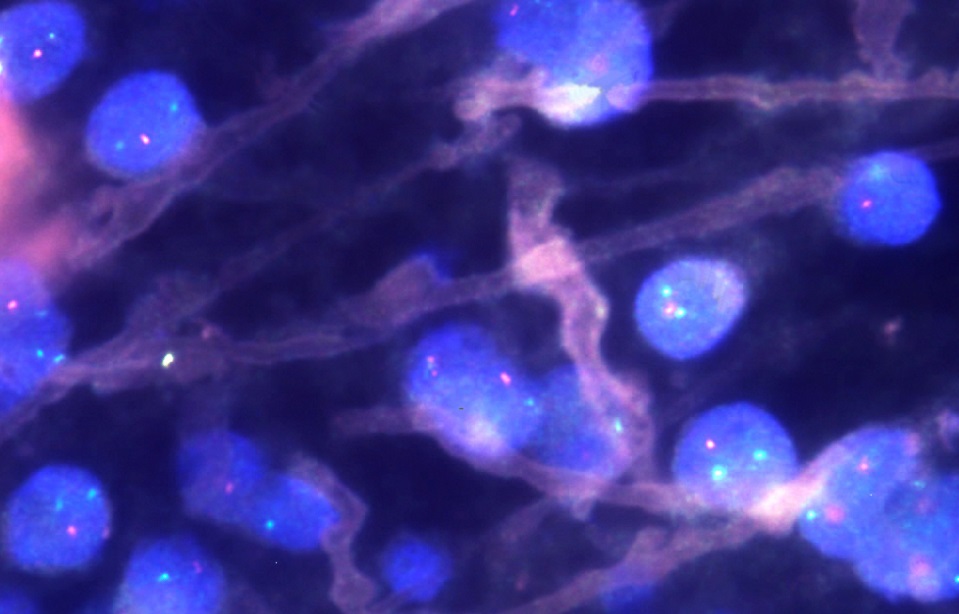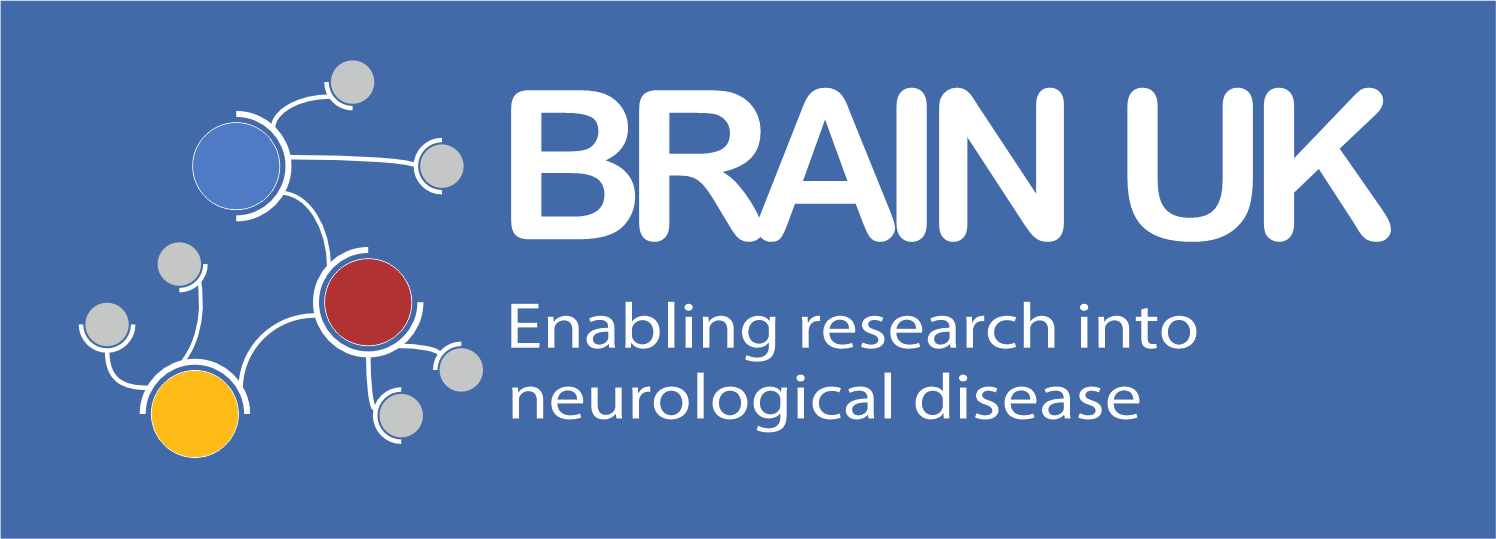
Brain UK study ref: 18/013,
Lay summary,
Project status: Closed
Proteomic analysis of primary and recurrent glioblastoma – A pilot study
Prof Silvia Marino, Queen Mary University of London
Glioblastoma is the most aggressive type of brain tumour. Treatment is rarely successful and new ones are urgently required.
Control of how a cell works, including glioblastoma cells, involves information passing from the genes (DNA) to an intermediate step (RNA) and then finally into protein. It is the proteins that are responsible for doing much of the work in a cell. The process is tightly controlled with checks at each stage. This means that the presence of a particular gene/RNA will not automatically lead to the presence of that protein. Most medicines, including cancer medicines, act by stopping specific proteins from working, rather than affecting the gene/RNA. Therefore, knowing which proteins are present in glioblastoma cells is key to developing new medicines. However, previous studies have only looked at which genes/RNA are present.
Until recently, it was costly and difficult to look at the proteins present in a cell in great depth. However, the technology has now improved such that it is possible with a technique called mass spectrometry. This pilot study will be used to find the best way to extract DNA, RNA and protein from glioblastoma samples and to show that mass spectrometry can be used to look at the proteins present. This will be done on five samples which have been stored in two different ways (ten samples in total). The findings will be used for a grant application to Cancer Research UK to fund a larger project using mass spectrometry to identify the proteins present in 100 glioblastoma samples. It is hoped that this project will lead to new medicines for the treatment of glioblastoma.
